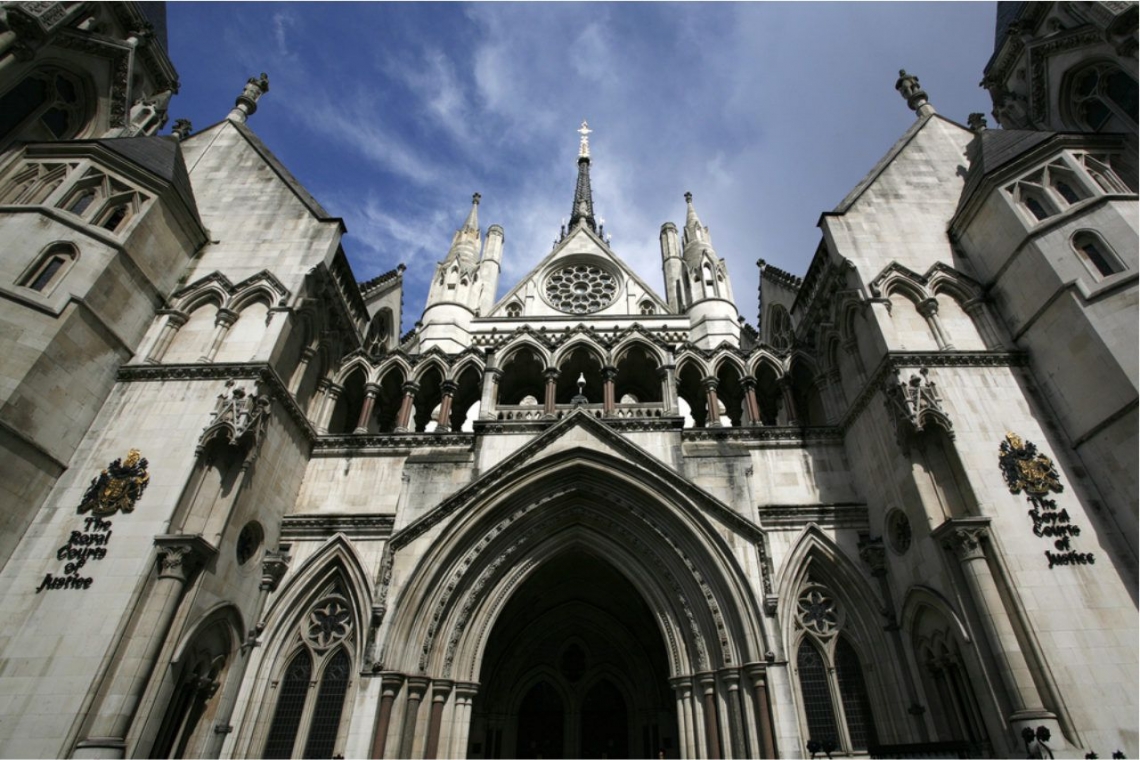A regional costs judge was “quite wrong” to assume that “his underwriting skill was better than that of the underwriter” and slashing an after-the-event insurance premium by 85%, the High Court has ruled.
Mr Justice Martin Spencer also found that the claimant had little choice but to accept the quoted premium “and the necessity of so doing makes the premium proportionate”.
In Percy v Anderson-Young [2017] EWHC 2712 (QB), the claimant suffered a severe head injury as a passenger in a road traffic accident.
Her claim settled at mediation and the parties agreed all the costs except for the after-the-event (ATE) insurance premium of £533,017 payable to LAMP.
A regional costs judge, District Judge Moss, reduced the recoverable premium to £82,513.
Initially LAMP provided £50,000 of cover but as it emerged the case was likely to go to trial, the insurer – though on the evidence reluctant to take on the “very significant risk” that a part 36 offer would not be bettered – agreed to top up the cover to £500,000. The premium quoted was £319,315 up to 45 days before trial and £533,017 within 45 days of trial.
Contrary to the expectation of both parties, the claim settled shortly before trial for £1.4m. Costs of £1.1m included the ATE premium. All was agreed except the premium.
Spencer J said there was “an important distinction” between a case where a cost judge decided whether the level of cover was too high – which was not the situation here – and one where the suggestion was that the underwriting decision was flawed and the judge was essentially second-guessing the underwriter.
“District Judge Moss did indeed fall plainly and directly into the trap identified by the Court of Appeal in Rogers and set himself up as better placed than the underwriter to identify the financial risk which the insurer faced.
“Furthermore, if the district judge was to apply such a huge reduction to the premium, a reduction in excess of £400,000, I am very surprised that the district judge did not give directions for expert evidence and/or for [Alan Strange, LAMP’s chief information officer] to give oral evidence: in my judgment he should have done and his decision was flawed in the absence of having so done.
“No-one could suggest that this would have been disproportionate, given the sum at stake.”
Spencer J also criticised the district judge for concluding that the underwriting decision was flawed because it looked only at the chance of the matter going to trial and not at the chance of the claimant exceeding the part 36 offer.
He said it was fair to assume the defendant thought he had a very good chance of securing an award within the part 36 offer, while “this was archetypically the kind of case which could have seriously unravelled for the claimant at trial”.
He continued: “In my judgment, a wholly reasonable attitude for the underwriter to have taken would have been to say: ‘Once the matter gets to trial, all bets are off.’ I expect that this was in fact Mr Strange’s approach.”
Spencer J further criticised the district judge for not actually applying a broad-brush approach, but rather carrying out “a form of mathematical exercise” by wrongly starting with the premium of £319,350 and then applying “an arbitrary” deduction of 75% in assessing the premium at 25% of the starting point.
He also found “considerable force” in the claimant’s submission that the district judge’s ruling would leave claimants’ solicitors in an impossible position. The claimant faced a binary choice of taking out the additional cover or run the risk of losing a 10-day trial and facing a costs order in excess of £500,000.
“In my judgment it is fanciful to suggest that, had [claimant solicitor Andrew Duff] said to Mr Strange ‘I think your premium is too high’, Mr Strange would have responded, ‘Oh, very well then, I will reduce it by over £400,000’.
“Mr Duff was entitled to assume that the premium he was being quoted was a bona fide and reasonable premium for the risk which the insurer was undertaking, not least because he, Mr Duff, also believed that the prospects of settlement at the mediation were small and that this was a case which was likely to go to trial.
“If he did not think that the claimant could possibly take the risk of going to trial without this insurance, why should he have thought that the underwriter ought to have a different perception of the risk?
“In my judgment, the claimant in this case had little choice but to accept the quotation from LAMP and the necessity of so doing makes the premium proportionate.”
The premium was reasonable, he concluded, and there was no evidence to suggest the underwriting risk was misjudged.
As a result, Spencer J allowed the appeal and assessed the ATE premium at £533,017.


